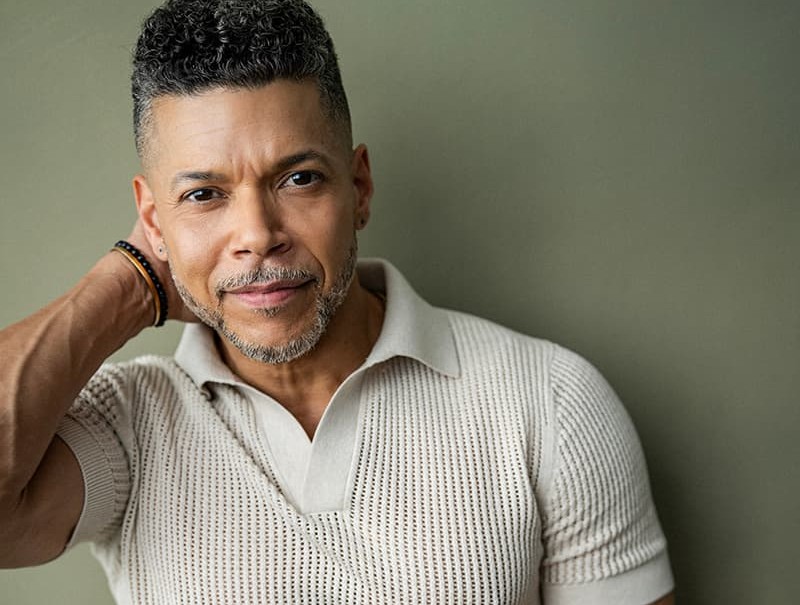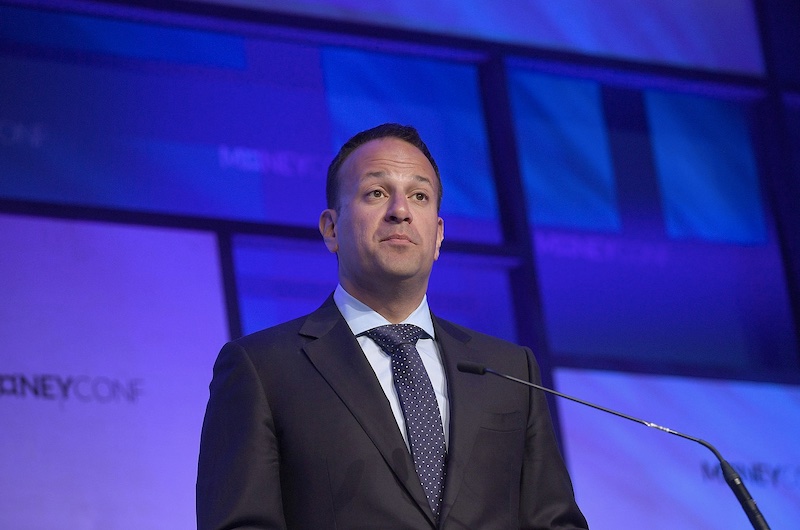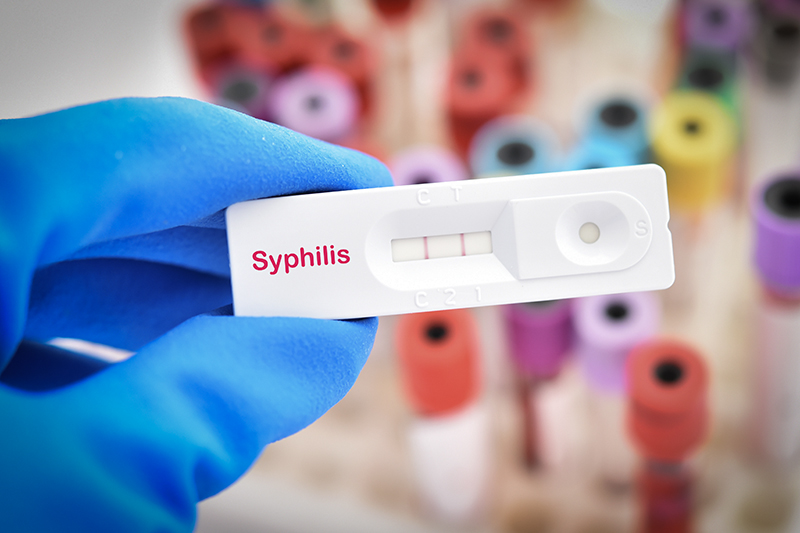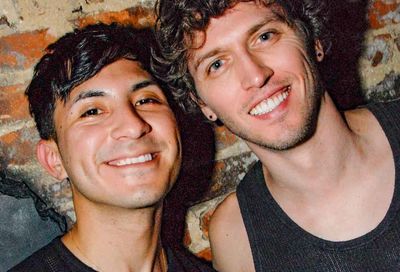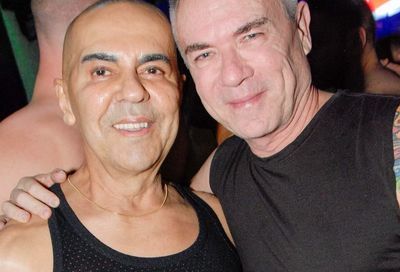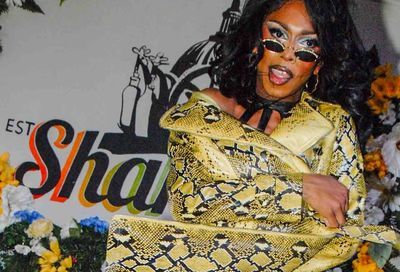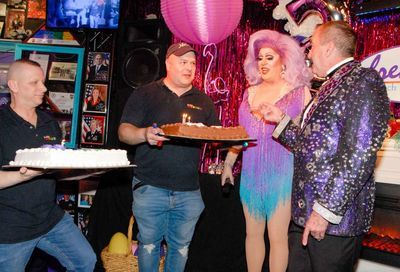Jake Gyllenhaal: ‘Brokeback Mountain’ helped break ‘stigma’ of straight actors taking gay roles
Gyllenhaal said the landmark gay drama opened the door for 'people of all experiences playing more roles'

Jake Gyllenhaal has attributed landmark gay drama Brokeback Mountain with helping break down the “stigma” of straight actors taking gay roles in films.
Gyllenhaal and co-star Heath Ledger, both straight, received Oscar nominations for their performances in Ang Lee’s 2005 drama about the yearslong relationship between two cowboys.
The film was also a landmark moment for LGBTQ cinema, helping to make onscreen gay relationships mainstream and creating space for other LGBTQ films to follow, including the critically acclaimed Moonlight, Call Me By Your Name, and Carol.
However, in a recent interview with the Sunday Times, Gyllenhaal was asked about whether people would have a “different reaction” to straight men being cast if Brokeback Mountain was made today.
“I don’t know. Maybe?” Gyllenhaal replied. “Part of the medicine of storytelling is that we were two straight guys playing these parts. There was a stigma about playing a part like that, you know, why would you do that? And I think it was very important to both of us to break that stigma.”
He added: “But then again, I think that has led the way towards people saying, you know, people of all different experiences should be playing more roles, that it shouldn’t be limited to a small group of people. And I believe that.”
Gyllenhaal’s comments come amid ongoing debate in Hollywood about straight, cisgender actors taking LGBTQ roles.
Gay actor Andrew Rannells said last year that he goes “back and forth” on the issue after he was cast in The Prom, which featured Rannells playing a straight character and straight actor James Corden playing a gay character.
Related: Billy Eichner’s rom-com Bros will have an all-LGBTQ cast
Kristen Stewart, who is bisexual, said last year that only requiring LGBTQ actors to take LGBTQ roles was a “slippery slope.”
“That means I could never play another straight character if I’m going to hold everyone to the letter of this particular law,” she told Variety last week. “I think it’s such a gray area.”
However, It’s A Sin creator Russell T Davies disagreed in an interview earlier this year, saying he doesn’t cast people to “‘act gay’ because ‘acting gay’ is a bunch of codes for a performance.”
“It’s about authenticity, the taste of 2020,” he continued. “You wouldn’t cast someone able-bodied and put them in a wheelchair, you wouldn’t black someone up. Authenticity is leading us to joyous places.”
Last year, Halle Berry announced that she would no longer consider a role as a trans man in an upcoming film, saying “the transgender community should undeniably have the opportunity to tell their own stories.”
In 2018, Scarlett Johansson pulled out of biopic Rub and Tug after backlash over her casting as its trans male lead — criticism that heightened after she initially dismissed the controversy.
And Darren Criss, who won an Emmy for playing a gay spree killer in The Assassination of Gianni Versace: American Crime Story, said he would no longer play gay characters “to make sure I won’t be another straight boy taking a gay man’s role.”
Both LGBTQ activists and those working in Hollywood have been urging greater representation in front of and behind the camera.
Last year, the Academy of Motion Picture Arts and Sciences announced major changes for the annual Academy Awards, requiring greater LGBTQ representation both in the narratives depicted and in those working in front of and behind the camera.
Read More:
Billy Eichner’s rom-com Bros will have an all-LGBTQ cast
WATCH: Anti-LGBTQ protester punched in the face at Pride parade
WATCH: Anti-LGBTQ protester punched in the face at Pride parade
Support Metro Weekly’s Journalism
These are challenging times for news organizations. And yet it’s crucial we stay active and provide vital resources and information to both our local readers and the world. So won’t you please take a moment and consider supporting Metro Weekly with a membership? For as little as $5 a month, you can help ensure Metro Weekly magazine and MetroWeekly.com remain free, viable resources as we provide the best, most diverse, culturally-resonant LGBTQ coverage in both the D.C. region and around the world. Memberships come with exclusive perks and discounts, your own personal digital delivery of each week’s magazine (and an archive), access to our Member's Lounge when it launches this fall, and exclusive members-only items like Metro Weekly Membership Mugs and Tote Bags! Check out all our membership levels here and please join us today!



